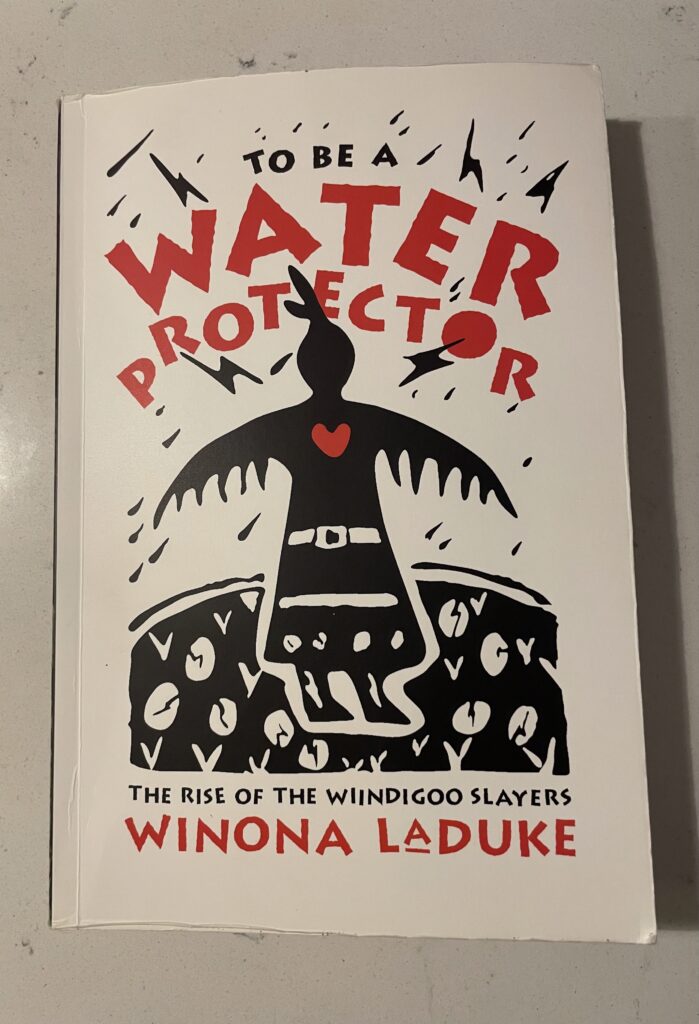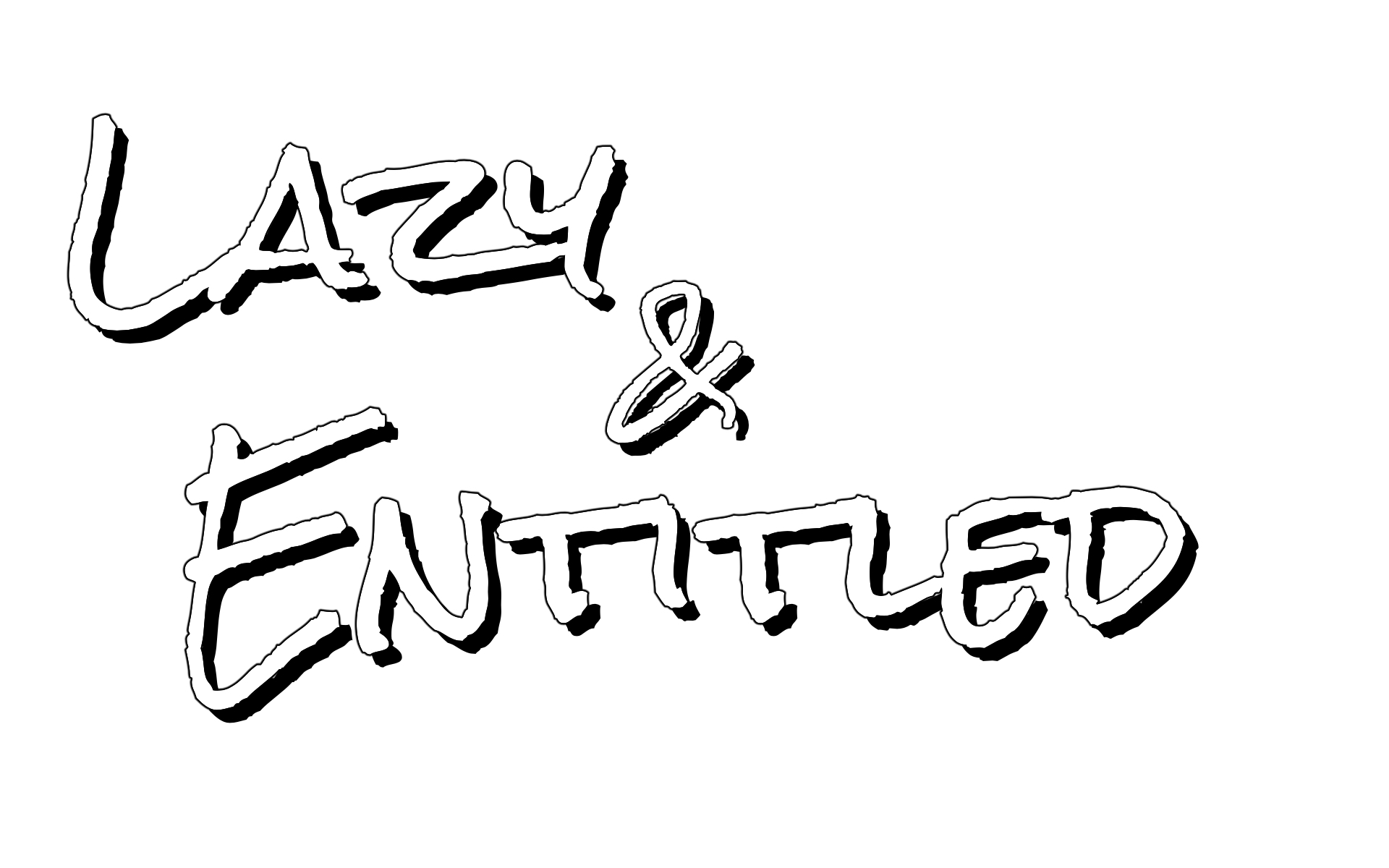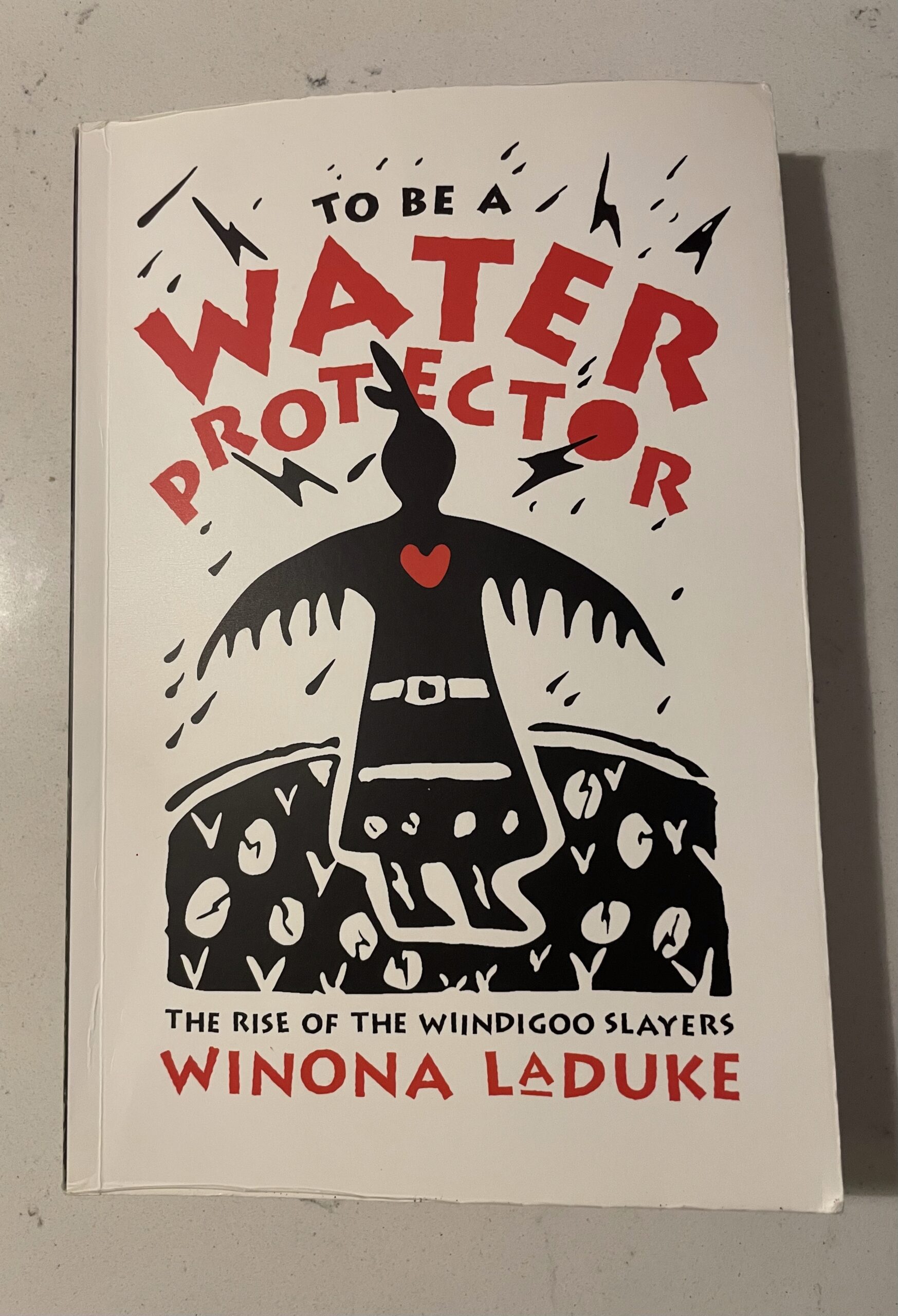“People who live with water still understand that Water is Life. The teaching is old, and it is profound.” – Winona LaDuke, ‘To Be A Water Protector’
July is a free month on my reading schedule, but I do like to dedicate one week to some environmental book of some sort. Having done this blog for a couple years, I’ve found I enjoy nonfiction considerably less than novels and poetry. I get entirely nonfiction from my podcast diet, and when I’m reading, I kinda want something more exciting. That said, I really enjoyed—even if it depressed the hell outta me—Death And Life Of The Great Lakes last year. So I’m feeling like it’s a good practice to keep reading at least one nature book per year.
What I’ve Been Reading This Week:
A book that did genuinely inspire some hope in me. A book that makes you believe that we can move beyond an extractive economy and into one based on sustaining the planet. “How quote-unquote ‘great’ can a civilization be if it destroys the Earth” is a question I ask myself about the settler governments of the Americas. But this is not a book that wants a return to primitivism, whatever that means. This is a book that starts from the simple fact that water is life, and proceeds from there to talk about the end of fossil fuels, among other concerns. Rebirth and reconciliation are presented as possible through wind power, more localized economies, victory gardens, an increased use of hemp, an acknowledgement that humans and nature are intimately connected, and other practical, philosophical, and even technological solutions to the crisis of extractive capitalism (the book uses another term, which I’ll get to). I’m talking, of course, about To Be A Water Protector by Winona LaDuke.

To Be A Water Protector by Winona LaDuke: you might notice, looking at the cover, that I am leaving about the subtitle of the book. I have heard it said that knowledge of the Ws is something settlers should tread carefully with, and not necessarily seek out. I treat that word/name like Candy Man. It is worth rehearsing, though, that this creature from folklore is a cannibal. Maybe it’s accurate to say it possesses you with a cannibal spirit, and you eat all of your friends and relatives, saving your mother for last—gonna stop there and say that LaDuke uses this term for the extractive capitalism that powers settler societies. By cutting down all the trees, damming all the rivers, and using increasingly volatile methods of fossil fuel extraction like fracking and tar sands, we are cannibalizing ourselves. We are stealing the future from our children, we are destroying land that we have no right to destroy. Not because the Doctrine Of Discovery is bullshit (it is), not because of some philosophical “we stole this land” (we did) grandstanding. No, we have no right to destroy the planet because it is the planet.
Consider Mark Suckerberg and his expanding Hawaii compound. Hawaii is one of the places on Earth where life springs from the water. In the middle of the largest ocean on the planet, volcanoes shoot out new land that flourishes with life. Indigenous Hawaiians got there by navigating constellations. How can that not be considered sacred? How can that not be considered miraculous? And yet thanks to extractive and exploitative economies, from the corporations who initially stole the land all the way up to some loser named Mark’s desecration, the U.S. has consistently decided that something holy is something to trample on.
This book was also a reminder of President Obama’s abominable failure to support the Standing Rock protests. That was a major crack in my image of Obama—sure, I was pretty upset about his refusal to close Guantamano despite campaign promises (look where we are now) and the endless droning, but the inability to react to the Standing Rock protests with anything other than brutality and life-altering violence was a major indicator to me that neither Democrats nor Republicans care for life.
There is hope in this book, although it was written in 2020. It is a pre-Palestinian genocide, pre-Trump II book. It is a pre-AI book—it talks a lot about hitting the Paris Agreement goals, which we are choosing not to do by using AI. Yes, you—if you use AI, you are participating in one of the most needless and egregious natural resource thefts of all time. Your children will ask you why.
LINKS!
Something to listen to while you browse? The legendary Tommy Beanbags—whom I got to hang out with and watch play bags last weekend—has recommended Los Guaracheras to me, and it has been a positive development. Here’s “Acércate y mírame” live:
- Resisting The New Green Colonialism by Sabar Ammar in Africa Is A Country
- Plural values of nature help to understand contested pathways in One Earth
- The Floodwaters Are Rising by Kelsey McKinney in Defector. A pull quote, because Defector is subscription-based (but worth it!): “It’s easy to forget that God’s covenant is limited. God makes a solemn promise to Noah that He will never flood the whole Earth again … however. “Never again will I let floodwaters destroy all life,” the Bible says He said. But He never promised that He wouldn’t let the floodwaters destroy someone’s life, or your life. He only promised they wouldn’t destroy everyone’s at once.”
- Being honest about using AI at work makes people trust you less, study finds by Oliver Shilke and Martin Reimann in The Conversation
- Their Water Tap Ran Dry When Meta Built A Data Center Next Door by Eli Tan in New York Times. Sorry to link to an anti-Black, Islamophobist, transphobic right-wing rag—promise I used a gift link from someone on Bluesky.
What’re you still doing here? Don’t you know that Micah and Brendan have a show?
If you work in the service industry, may you clean up in tips this weekend. Try to find time to appreciate a stream, a creek, a river, a lake, or an ocean this weekend. Last weekend, on a trip to see some friends, I drove over the Mississippi River. I wished desperately that I was not in a car, that this country had a functioning rail system. I thanked the Mississippi for everything it gives us, and I wished almost everything in the entire world was different. One day soon, it will be, whether we want it to or not.
Sorry you got an email,
Chris

